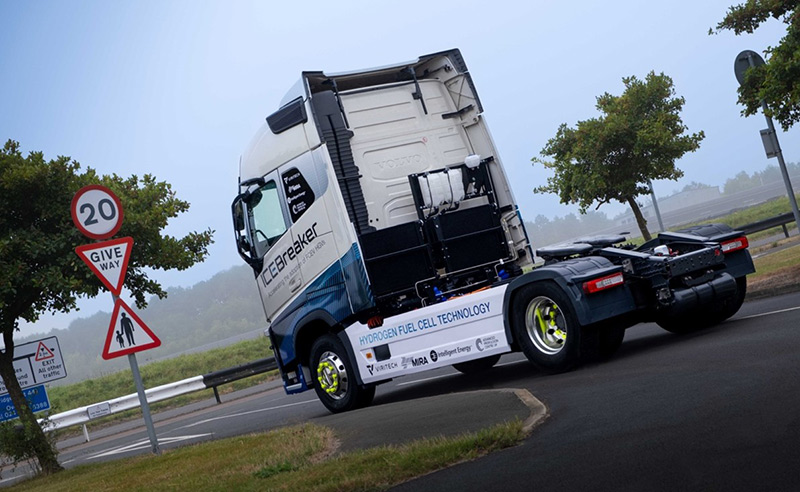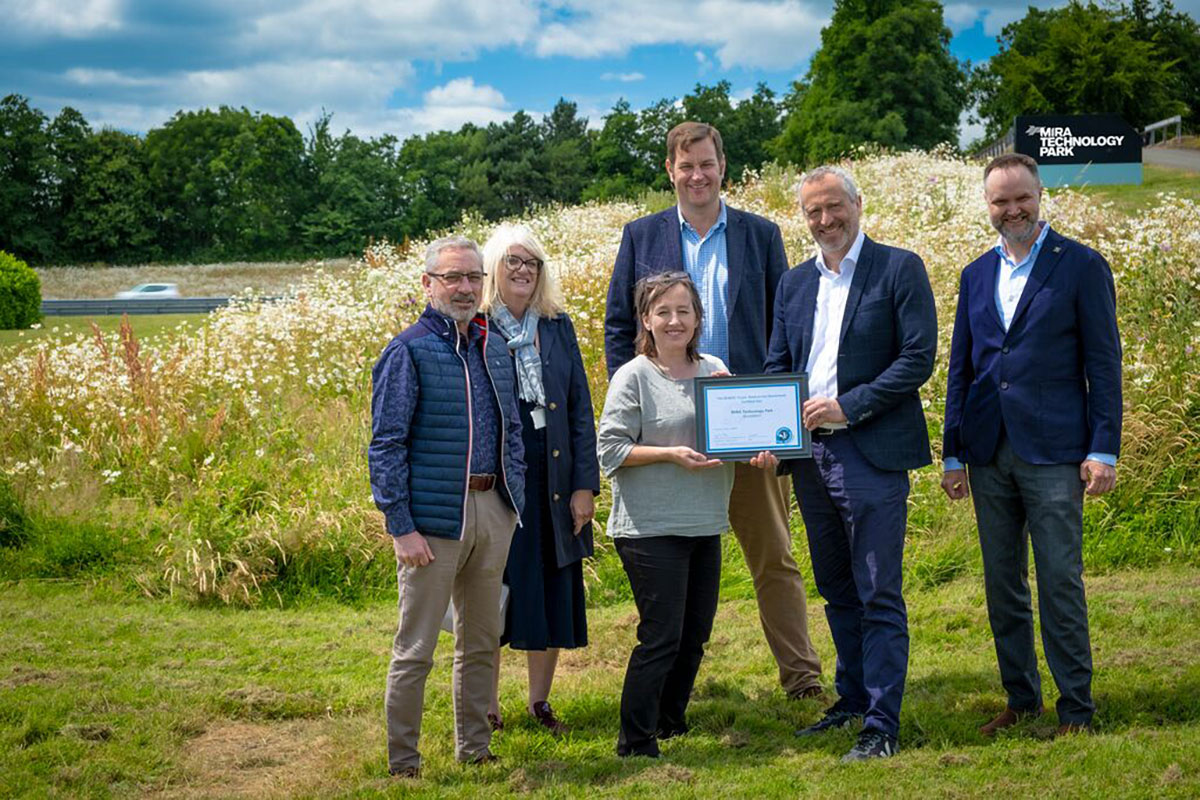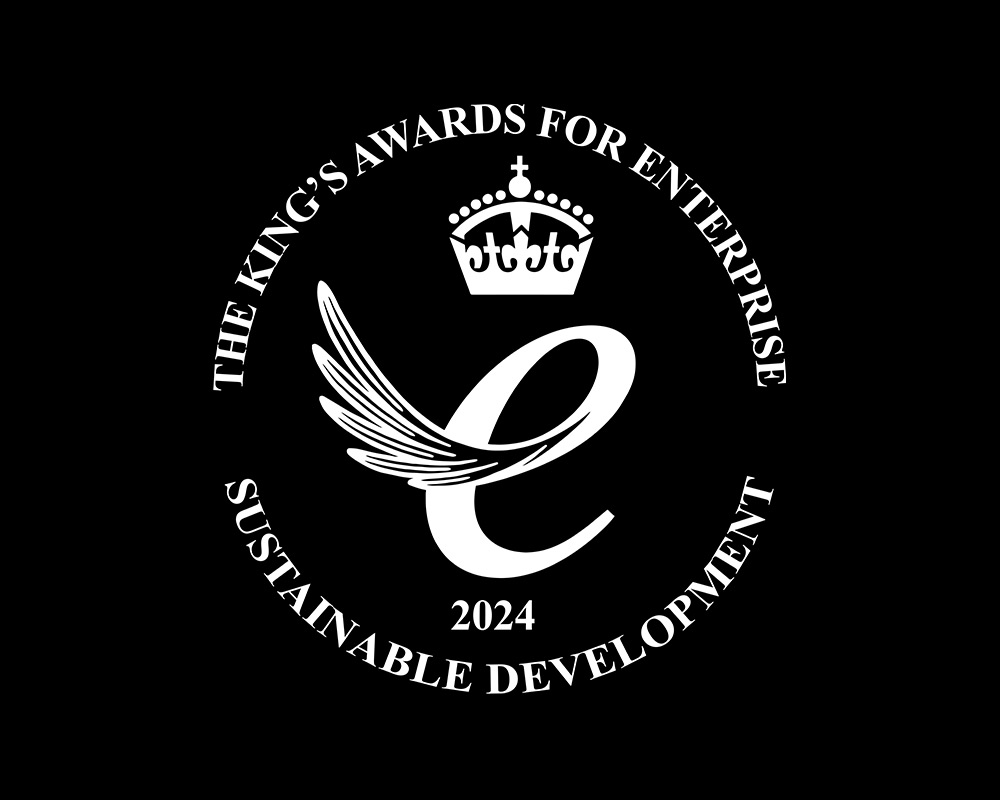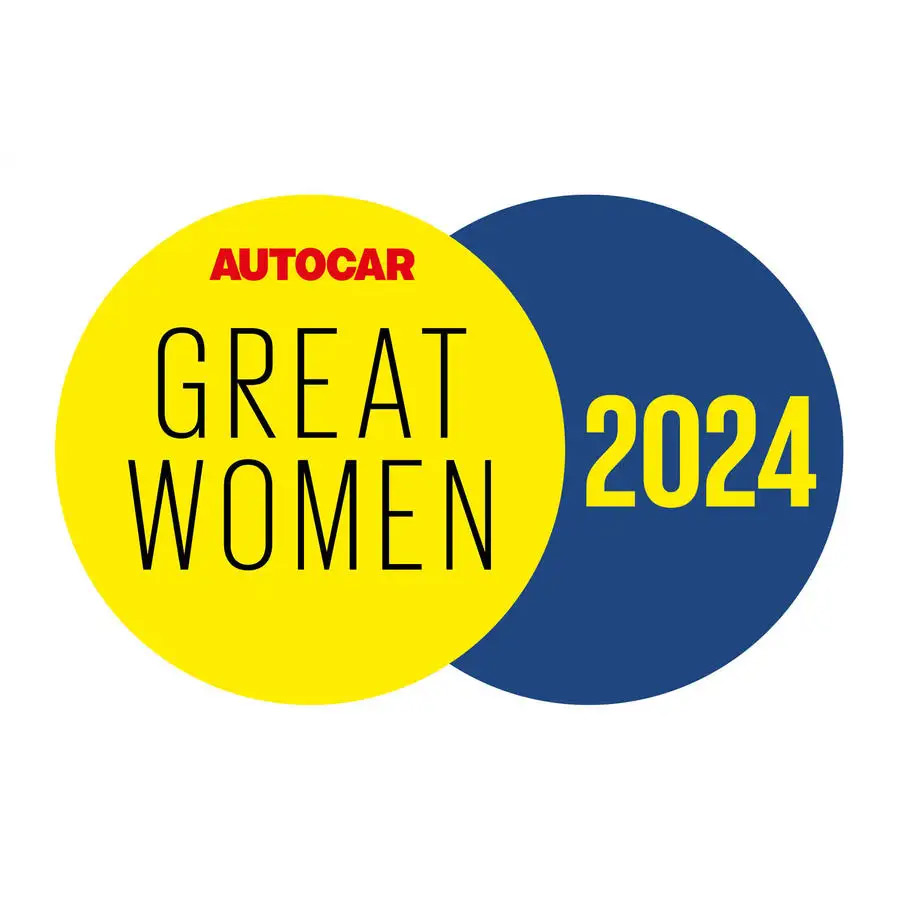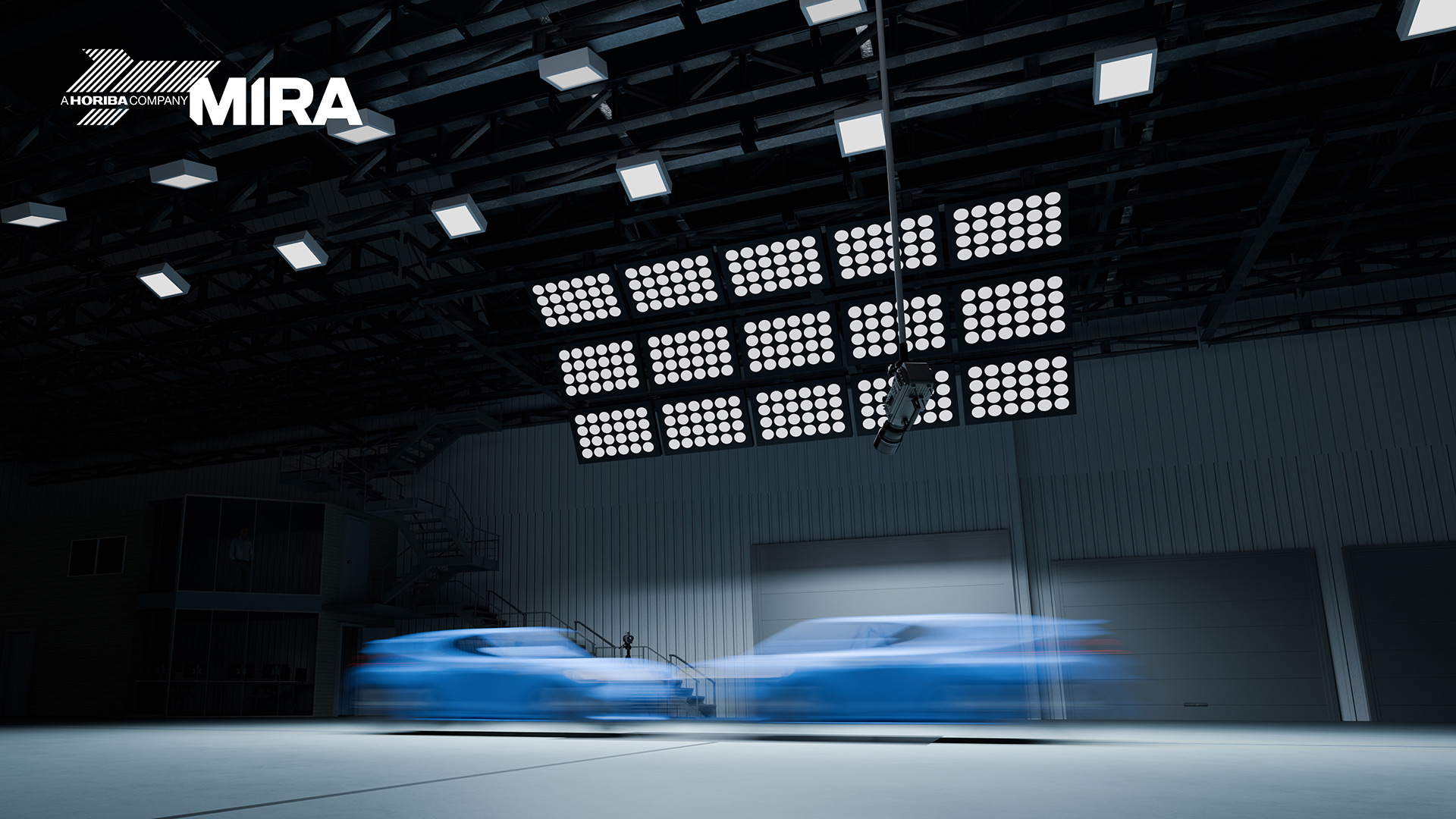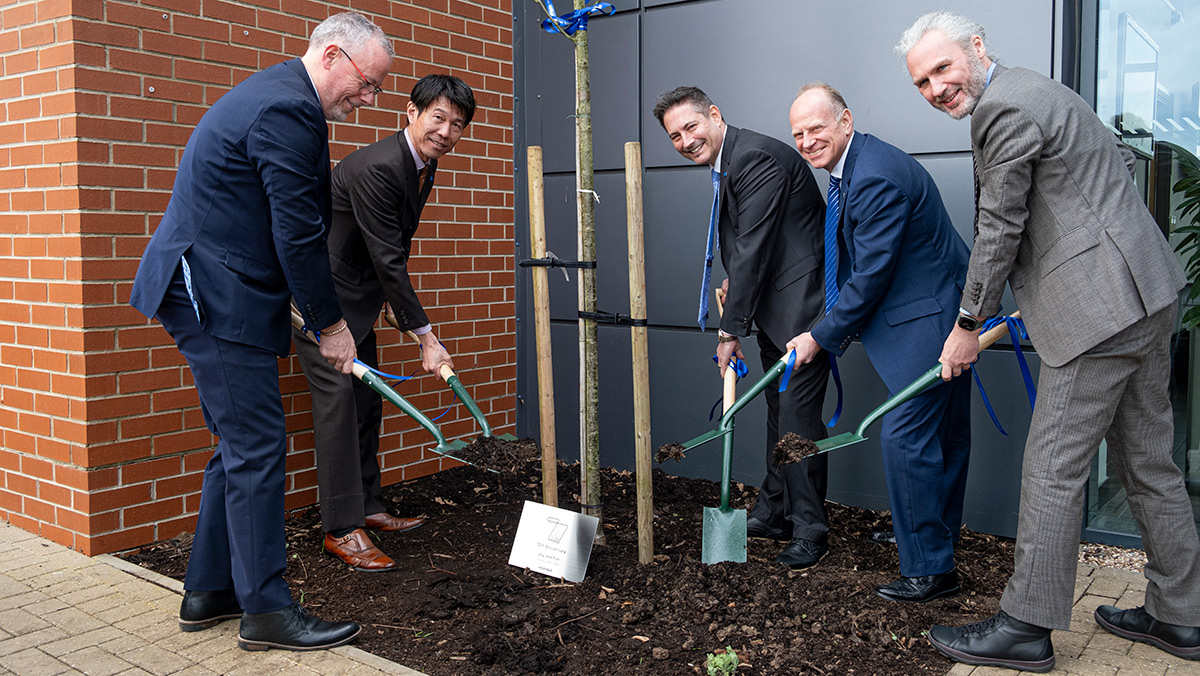HORIBA MIRA’s New Co-Simulation Platform Helps U.S CAV Challenge Organisers Power Through COVID-19 Lockdown
With the coronavirus pandemic causing disruption across the industry, HORIBA MIRA’s forward-thinking Horizon Scanning team has provided critical support to the EcoCAR Mobility Challenge (EcoCAR), using its new Component-in-the-Loop (XiL) co-simulation platform, DigiCAV, to help EcoCAR safely carry on developing its vehicles despite the lockdown.
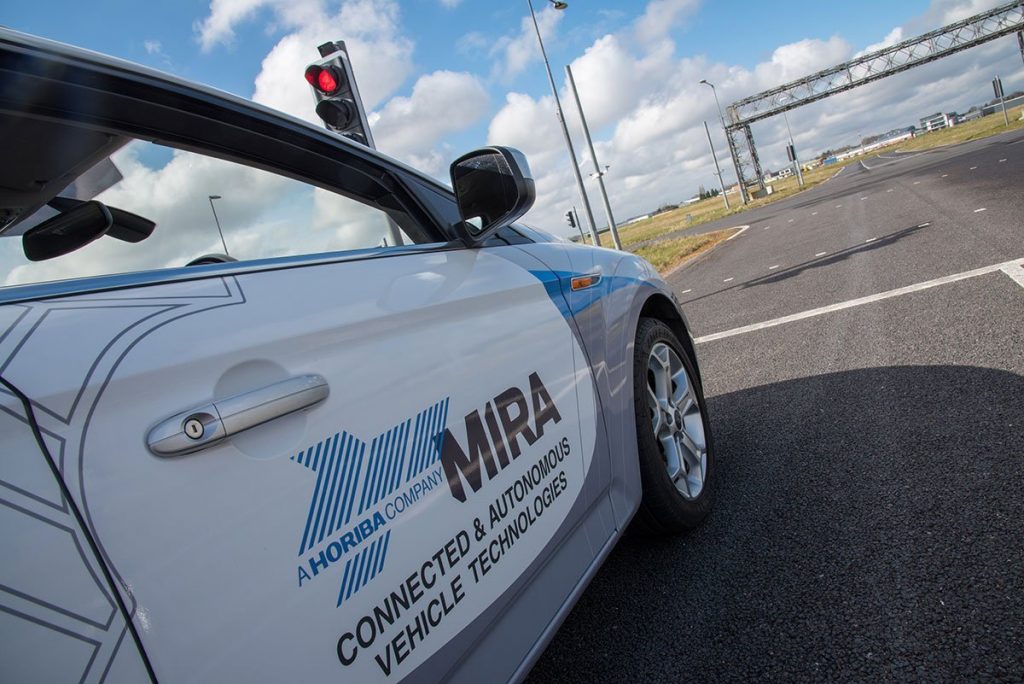
As one of the world’s leading competitions for creating concept vehicles for future mobility, the EcoCAR Mobility Challenge (EcoCAR) is a four-year scheme managed by Argonne National Laboratory (ANL), a multidisciplinary science and engineering research centre based in Chicago.
The competition, which is running from 2018-2022, involves 12 university teams from across North America. The students have been tasked with applying advanced propulsion systems and connected autonomous vehicle (CAV) technology to develop a 2019 Chevrolet Blazer specifically for the car sharing market, improving the vehicle’s energy efficiency without compromising safety or consumer appeal.
With the traditional methods of CAV validation involving physical testing on public roads proving increasingly costly and time-consuming, ANL turned to HORIBA MIRA for a more cost-effective and efficient solution for testing the competition’s concept vehicles.
Cue DigiCAV, the novel multi-tier in-the-Loop simulation platform, uniquely designed by HORIBA MIRA to accelerate the development of CAVs. The revolutionary solution consists of Model, Software, Hardware and Vehicle-in-the-Loop (MiL, Sil, Hil, ViL) co-simulation, enabling CAV components to be tested in both physical real-world driving scenarios and replicated in a ‘digital twin’ simulation format.
The result is a seamless combination of simulation and mixed-reality testing – making the complex process of testing, data capture and adapting emerging CAV technologies much simpler and more cost-effective.
Having begun trialling DigiCAV on automated vehicles last summer, ANL were already incredibly impressed with the platform’s Vehicle-in-the-Loop test capability which would help them to evaluate the student’s vehicles in the upcoming competition.
Testament to its cutting-edge capabilities, most recently DigiCAV’s virtual functionality helped ANL power ahead with EcoCAR despite global coronavirus restrictions putting a halt on physical testing. This is because the platform can interface remotely with a model of the target vehicle, instead of the real one. As a result, HORIBA MIRA together with ANL were able to successfully continue development of the test capability required for the competition, positively contributing to its progression.
Pawel Jaworski, CAV Innovation Lead at HORIBA MIRA, said:
“As a team we swiftly responded to the impact of the pandemic, pulling together to support Argonne National Laboratory to safely and efficiently carry on developing the test capability required for the EcoCAR Mobility Challenge, despite the lockdown restrictions.
“Our co-simulation platform DigiCAV is an end-to-end solution that enables our customers to develop, test and validate their vehicles, software or hardware both in real-world driving scenarios and in simulation. It’s a real demonstration of HORIBA MIRA’s world-leading capabilities and we’re very pleased with how the platform has performed to date with ANL.”
Trevor Crain, CAV Research Engineer at Argonne National Laboratory, said:
“Our team has not been immune to the impacts of COVID-19 and we’ve had to provide innovative solutions to unforeseen challenges. HORIBA MIRA’s ability to completely change its approach from physical testing to remote virtual HiL testing, has meant we could deploy the DigiCAV software from our own homes.
“Aside from the technical capabilities, HORIBA MIRA’s Horizon Scanning team has been outstanding in delivering the best support we could have asked for. We’re looking forward to building upon this as we progress through the EcoCAR competition.”
HORIBA MIRA has been involved in the development of CAVs for over 15 years, pushing the boundaries of vehicle engineering to improve lives by making journeys safer, cleaner and smarter. The team provide expert support to a wide variety of ground-breaking CAV and connected automated mobility (CAM) projects and are a trusted partner for many industry-leading organisations engaged in developing future mobility.


